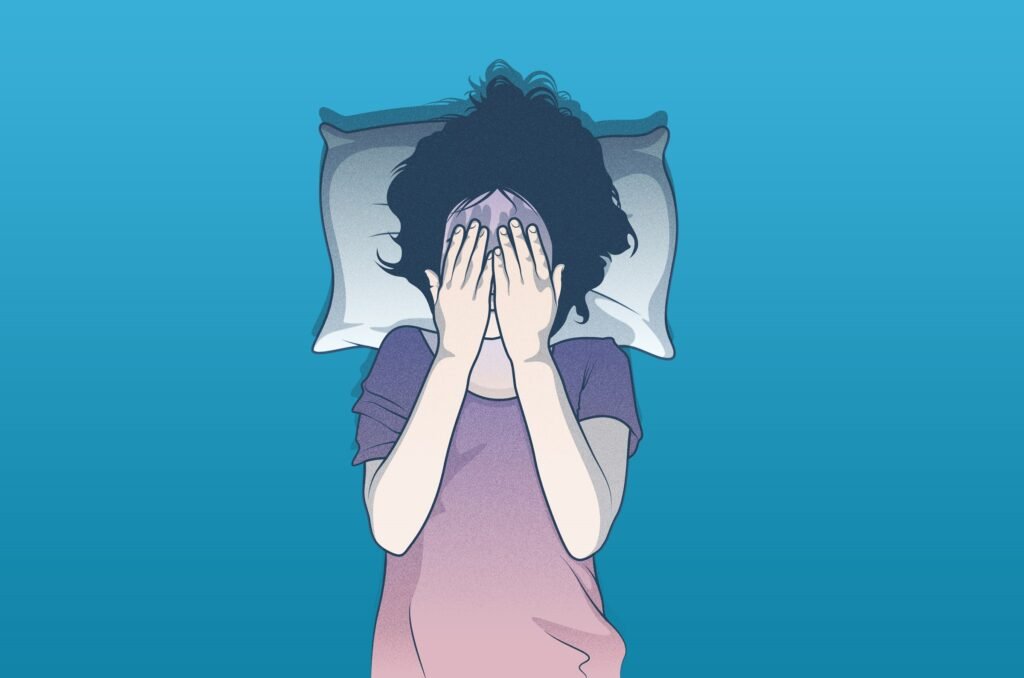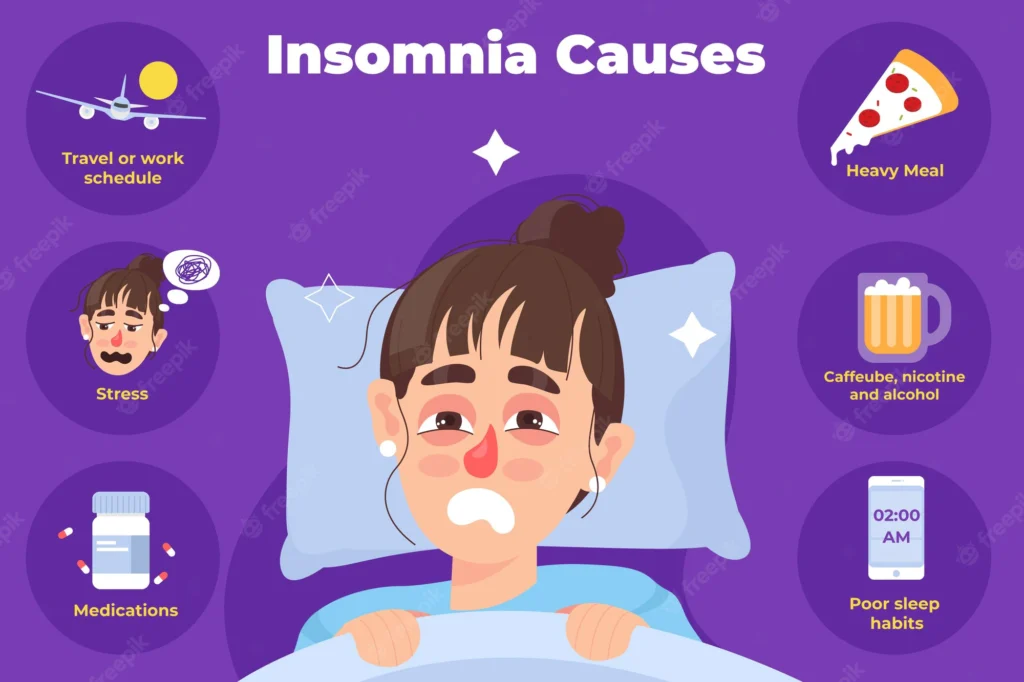
Winter insomnia may be symptomatic of a condition called Seasonal Affective Disorder (SAD). Winter insomnia may also result from the effect of reduced daylight exposure on melatonin levels in humans. Melatonin regulates the body’s circadian rhythm or “body clock”.
The good news w insomnia is treatable.
Tips to Treat Winter Insomnia

The first step in treating winter insomnia is behavior modification and breaking habits that may contribute to the problem.
-Get plenty of exercise. Regular activity improves quality of sleep.
-Do not eat a large meal before bedtime.
-Keep your bedtime and wake time consistent every day, including weekends.
-Take a warm, soothing bath or have a massage before bedtime to de-stress and relax your mind and body. Some light reading, meditation, prayer, yoga or breathing exercises may also help.
-Avoid or cut back on alcohol, caffeine and nicotine or any other stimulants. All of these can make falling asleep difficult.
-If you take pain medication, make sure it is effective enough to alleviate the pain. Too much pain can prevent you from falling asleep.
-Do not take naps during the day. If you must nap, sleep no longer than 30 minutes. Do not nap after 3pm.
-If you take medications, check the label to see if insomnia is a possible side effect. If so, talk to your doctor about changing your medication.
Should You See Your Doctor?
You should talk to your doctor if insomnia still persists after you have done all you can at home to promote better sleep. Insomnia can be a symptom of several medical conditions. Your doctor can perform an examination and tests to determine the cause of your insomnia and the appropriate course of treatment.









